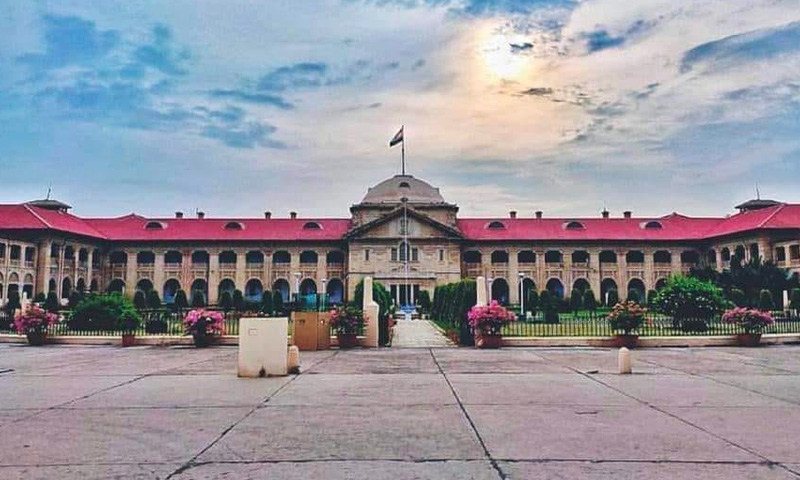Courtesy: Armaan Khanduja Section 37 of the Arbitration and Conciliation Act, 1996, provides the grounds for appealing arbitration orders. Appeals can be made against orders…
Courtesy: Deeksha Rao The Code of Civil Procedure 1908 guarantees justice to all the parties involved in a suit by providing provisions that allow the…
Courtesy : Anurag Mishra Article 228 of the Constitution of India empowers the High Court to transfer certain cases from a lower court to itself.…
Courtesy: Armaan Khanduja Small Causes Court (S.C.C) revision is a legal remedy available to a party aggrieved of a decree or order passed by a…
Courtesy – Sheetal Pokhriyal Delay condonation is a legal process that allows courts to extend the time for filing appeals, applications, or other legal documents…
Courtesy: Sheetal Pokhriyal The concept of bail is fundamental to the criminal justice system in India. It ensures the balance between an individual’s right to…
Courtesy: Sheetal Pokhriyal Section 115 of the Civil Procedure Code 1905 empowers the High Court with the authority to call for the records of cases…
There are three kinds of cases before a Magistrate. Firstly, there are cases arising out of a complaint, secondly, there are cases arising otherwise out…
A writ petition seeking the remedy of a writ in the nature of habeas corpus is a extraordinary remedy under Article 226 of the Constitution…
This article is an analysis of the Uttar Pradesh Prohibition of Unlawful Conversion of Religion Act 2021. It was enacted by the U.P. State Legislature…
District Magistrate is vested with a wide array of discretionary powers, and has the responsibility of the entire district. In this article, we discuss the…
Government Appeals before High Court challenge the judgments of the trial courts where the court has acquitted the accused. Section 378 of the Criminal Procedure…
Even if delinquent employee did not participate in inquiry proceeding, the Inquiry Officer is bound to conduct inquiry, he cannot rely solely on the Charge-Sheet…
Setting aside Summoning orders under Section 319 of the Criminal Procedure Code Note – In the article, Criminal Procedure Code 1973 and CrPC are used…
Prerogative Writs can be issued under Article 32 of the Constitution of India by the Supreme Court of India and under Article 226 of the…

Employees Provident Fund and Miscellaneous Provisions Act 1952 is benign legislation meant for the welfare of the employees of organizations that fall under the purview…
The question that will be answered in this article is whether the criminal proceedings against the husband can be quashed if a settlement agreement has…
An appeal against acquittal in a criminal trial is filed before the High Court under Section 378 of the Criminal Procedure Code 1973. In this…
Does Appellate Court have the power to admit evidence? Section 107 of the Civil Procedure Code 1908 provides for powers of the appellate courts. The…
Order VII Rule 11 of the Civil Procedure Code provides for rejection of plaint, and the grounds on which a plaint can be rejected. The…

